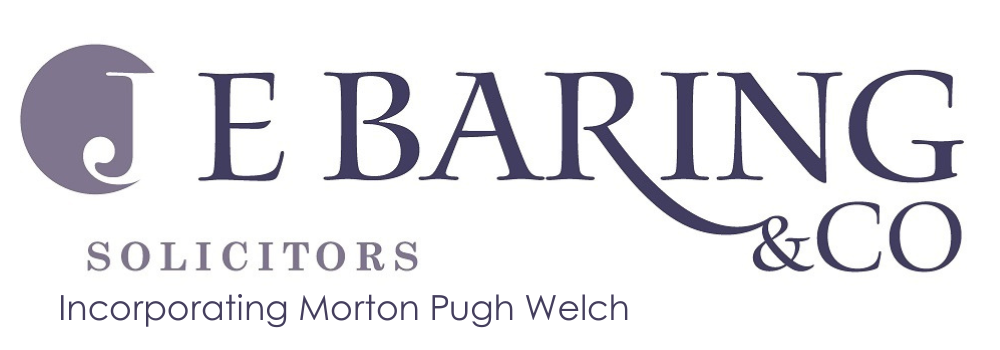Debt Recovery and the Personal Guarantee
As the UK economy continues to emerge from recession, it is surprising to many on first consideration that insolvencies have in fact dropped but there is a simple explanation for this.
Bearing in mind winding up a business or making an individual bankrupt costs money, it is generally only worth pursuing this action if you are  confident you will at least get some of your money back or as a matter of principle.
confident you will at least get some of your money back or as a matter of principle.
Creditors will generally look at other alternatives and a common situation with smaller limited companies is to instead pursue individuals based on a personal guarantee. In some situations there will also be corporate guarantees which have been given by associated or parent companies.
If you have given a personal guarantee and there is a situation of default, you will be worried and understandably so. It is possible that you may be able to avoid liability or perhaps at least negotiate. If you have been asked for a personal guarantee and have not yet given one, you should also consider getting legal advice on the prospects of trying to limit your liability.
A classic way in which people get caught by guarantees is where the guarantee is not clearly only linked to a set form of borrowing such as a specific loan. You would think that once that loan was repaid that the guarantee would be discharged. However many bank guarantees are worded in such a way that other borrowings or liabilities subsequently incurred, may also be included.
Many guarantees are not time limited and will need to be cancelled by the guarantor also. The simple fact is that many guarantors are unaware of these requirements or forget them, perhaps having given a personal guarantee many years ago, at a time a business was started or for a family member setting up a new business.
Guarantor liable only after event of default – but be wary of events of default
Unlike an indemnity, which creates primary liability for a debt, with a guarantee, the guarantor will only be liable where there is clear default by the initial contracting party. Taking the example of a business loan, where the borrower does not meet a repayment obligation, this is a clear default. However, events in default of many bank loans or facilities will also include a number of technical events of default, many of which may not be directly related to making regular payments on time. An event of default could for example be where there is a failure to keep accounts up to date or where the borrower has otherwise breached covenants such as a prohibition on other borrowings. A guarantor in this situation could find him or herself liable in a situation which seems unfair and very harsh.
Whilst it may be extremely difficult to negotiate a different form of wording for bank guarantee documents, if you are asked to give a personal guarantee in other situations, for example guaranteeing tenant’s obligations in a commercial lease, it is definitely important to try and negotiate more favourable clauses about default. You may even be able to negotiate a clause whereby default would not only be limited to certain types of default such as tenant arrears only, but also that default would only occur based on a civil court monetary judgment and not just arrears (since the tenant may claim that there is a reason for not paying rent such as dilapidations or other breach by the Landlord which entitles a set off or refusal to pay rent).
Can the guarantee be challenged ? Is it enforceable ?
The most likely way to successfully challenge a personal guarantee is where the underlying contract which you are guaranteeing has been varied without your knowledge or consent. This is quite a common scenario with certain types of contracts, such as commercial lease agreements. If you are asked to guarantee obligations, it is vital to check the underlying legal contract and the terms of your guarantee because some will have clauses which seek to enable variations without your consent so that you do not, on the face of it, avoid liability even if the underlying liability has changed.
Other potential grounds for challenging liability under a guarantee include :-
Duress or undue influence
Most banks or commercial lenders now insist that a guarantor obtains separate legal advice or at least attends a private meeting with the lender prior to giving a personal guarantee which makes it far more difficult to succeed with this form of defence.
Misrepresentation
Lenders are not under a legal obligation to generally disclose all information relating to the primary liability or circumstances to a guarantor, it may be arguable that if the lender knows of important material facts which the guarantor ought to be aware of, if those facts aren’t disclosed an argument might succeed claiming misrepresentation.
If you need advice on any aspect of guarantee law, whether you need a solicitors to draft a personal guarantee document, advice on the terms and implications of a personal guarantee or whether and how to negotiate or need advice on pursuing a guarantor or challenging a guarantee, I can help. Please get in touch
